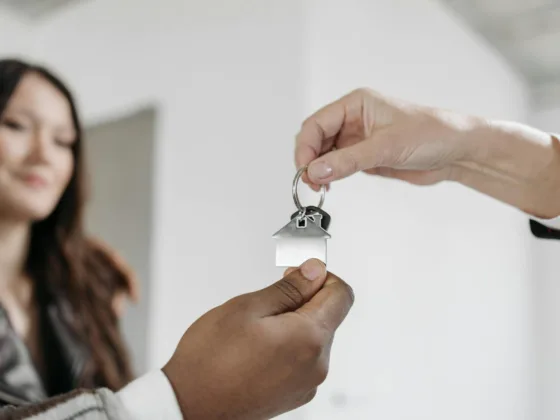Table of Contents Show
Closing days of real estate transactions are loaded with many different emotions: excitement, anxiousness, stress, fear, you name it.
This is completely understandable with so many moving parts, a mile-long to-do list in a relatively short amount of time, and the potential costs a simple error can trigger.

Of course, no amount of planning and preparation can stop you from worrying or guarantee a perfectly smooth closing. If you follow the tips below, however, you can avoid some common mistakes that may delay the closing.
Provide Your Lawyer with a Copy of the Agreement of Purchase and Sale As Soon as You Can
Ideally, this would be when you know that you are ready to buy or sell a home and before you’ve signed it.
By getting a copy of the APS to your lawyer as early as possible for them to review, you can benefit from their professional real estate advice as to what conditions should be included to better protect your interests and the potential consequences of conditions that are being waived.
If your real estate agent tells you they will forward the APS to your lawyer, it’s still a good idea to forward a copy to your lawyer as soon as you can and advise your lawyer of any conditions that have been waived or fulfilled.
Real estate agents can get extremely busy and forget to send it promptly. By doing it yourself, you can help avoid needless delays.
Read Also:
Get Your Homeowner’s Insurance in Place early on in the Process
Because your mortgage lender will not release the funds until they have received proof of homeowner’s insurance from your lawyer, it’s helpful to have a policy in place and provide your lawyer with the details so they can get the ball rolling and ensure the funds are released on time.
Buying and Selling on the Same Day is Risky
If you buy and sell on the same day, your lawyer has to wait until the sale of your home is finalized before they can complete the purchase of your new home.
If the buyer of your home is also selling their home on the same day, they must also wait until their home is officially sold before they can purchase your home.
The more transactions that are linked in this way, the higher the chances that one transaction falls through, creating a domino effect that causes them all to fall through. Scheduling these transactions on separate days helps you avoid adding unnecessary risk and stress.
Don’t Depend on an Early Completion of the Sale
In other words, it’s not a good idea to plan your move on the closing day. It’s best to assume that you will be there all day and that you will not receive the keys until EOB as the buyer, or, that you may not receive the funds until the day after closing, as the seller.
If you hire a moving van or, worse, a moving company, on the closing day, you may very well end up paying extra for the truck and/or crew to sit in a parking lot.










